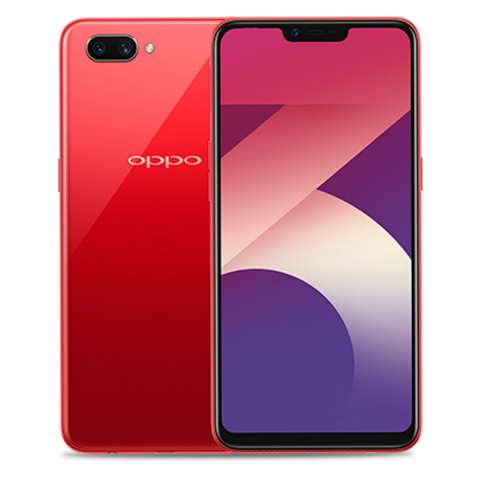Mobile devices for field data collection do not have to be expensive and it is not necessary or recommended to choose latest-generation phones or tablets (which often range above $400 for tablets and over $600 for phones). The Kobo eBook reader presents a special feature called Reading Life that will introduce you to a new world of social reading. You can share quotes, notes and discuss books on social media with its integrated Facebook feature. With Kobo, you can read anytime, anywhere, from a catalog of over four million titles. Kobo Wireless eReader Wi-Fi Though the Kobo Wireless eReader is a serviceable e-book reader with built-in Wi-Fi, it's worth spending the extra money to get the Kindle or the Nook instead. Using Kobo Mobile Apps. Sign in to the Booktopia by Rakuten Kobo app with your Google account; Get the Kobo Books app; Install the Kobo app for iOS; Create a new Kobo account on the Kobo Books app for iOS; Create a new Kobo account on the Kobo Books app for Android; Remove a book or audiobook from the Kobo Books app on iOS; See all 9 articles. Use the free Kobo app on your mobile device, or log on to the website and purchase it there. Download it to your eReader the next time you turn it on and get started. There’s more to read beyond the Kobo Store, and it starts with how eReaders integrate with some services.
What is KoBo Toolbox?


- KoBo Toolbox is a free open-source tool for mobile data collection, available to all. It allows you to collect data in the field using mobile devices such as mobile phones or tablets, as well as with paper or computers.
- It is being continuously improved and optimised particularly for the use of humanitarian actors in emergencies and difficult field environments, in support of needs assessments, monitoring and other data collection activities.
- The adaptation of KoBo Toolbox for humanitarian use was a joint initiative between OCHA, Harvard Humanitarian Initiative (HHI) and the International Rescue Committee (IRC).
How do I get started?
KoBo support the full data collection cycle - form design, data collectiopn and analysis. Just follow the steps below.
I’m new to mobile data collection.
Why would I collect data like this?
- It is much faster. Data does not need to be transcribed from paper to computers before it can be analysed. Some analyses can be applied within minutes of the data being collected
- It is much more accurate. Enumeration errors are minimised because of the data validation that can occur in real time as data is collected. Transcription errors are entirely eliminated
- It is optimised for humanitarian work. It works offline, is easy to use (requires no technical knowledge to manage and enumerators can be trained within minutes), and can be rolled out rapidly in even the harshest or remotest situations. If all else fails, paper forms can be used as a backup and integrated with other data.
I’m already experienced with mobile data collection. Why would I use KoBoToolbox?
Kobo Mobile Phones Samsung
- It is based on OpenDataKit (ODK). Acknowledging that many agencies are already using ODK, a de facto open source standard for mobile data collection, KoBo Toolbox is fully compatible and interchangeable with ODK but delivers more functionality such as an easy-to-use formbuilder, question libraries and integrated data management. It also integrates other open-source ODK-based developments such as formhub and Enketo.
- It is fully supported. The implementing partners are committed to providing support for the platform, not just to help you use it and to fix any bugs, but to continue its development and regularly add new features, including ones which you suggest.
- It is free. All humanitarian actors can create accounts on the dedicated server and use them without limitations on data or time. Organisations can also install it on their own servers or directly contribute to its further development
Get some more detailed information:
Kobo Mobile Phones App
- Consult ‘Features’ for more detail on the functionality already available in KoBo Toolbox, as well as new features still under development
- Look at Background for a closer look at the genesis and purpose of this project – a service to the humanitarian community to improve your work as well as more broadly to improve data comparability and encourage better harmonization and coordination between data collection activities.
- Contact us as well as the wider community fortechnical support – to report bugs, provide feedback and even to request new features. You can expect a quick response – we want your input!
- You can also contact us for implementation support questions, and we will do our best to provide assistance wherever possible.
- The KoBoToolbox Terms of Service and Privacy Policy are also available by clicking the links.
